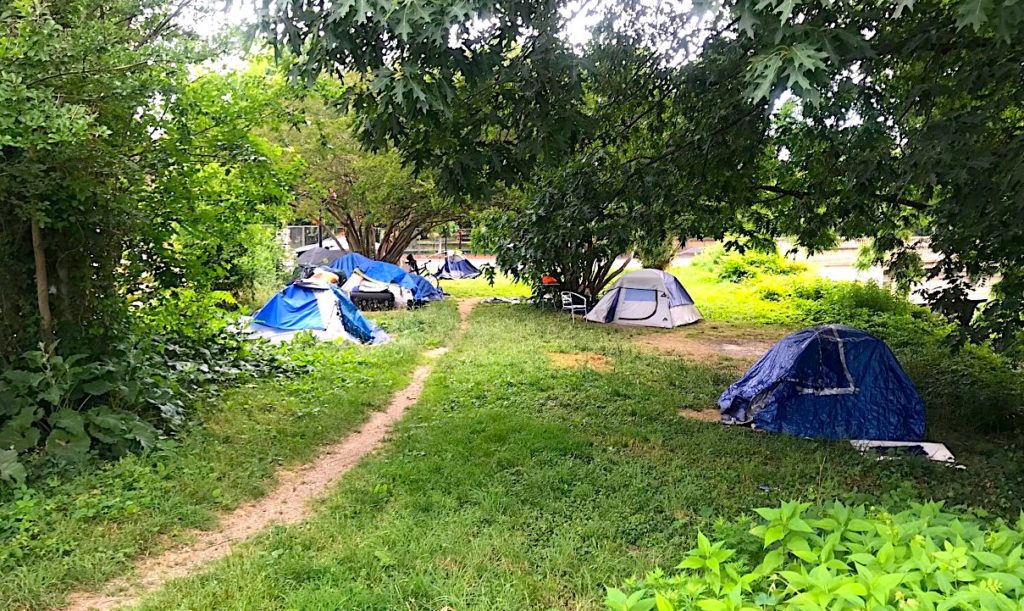Hope for the Homeless?
By • August 19, 2021 0 855

The Amidah is one of the oldest prayers in the Jewish liturgy and in one of its most beautiful verses, it voices praise to the God who “keeps faith with those that sleep in the dust.” It is a stark and poignant reminder that the tragedy of homelessness has always been with us.
Now, it appears that this divine protection has been given a helping hand by the D.C. Council, whose 2022 budget underwrites “thousands of housing subsidies and program slots funded in part through federal coronavirus dollars and a tax increase on D.C.’s highest earners,” according to a recent analysis in Greater Greater Washington. “The Way Home,” as the program is called, will also make a significant investment in construction and rehabilitation of at least 3,000 units of affordable housing, opening the door to a more secure future for 3,500 households.
It’s a start.
Homelessness, as we don’t have to tell you, has exploded, not just in Washington but around the country. Covid-related job losses and evictions have added to the numbers of unhoused individuals and families, but other factors including untreated mental illness, addiction, systemic racism and restrictive zoning laws have long contributed to a lack of affordable housing — which is, by far, the primary cause of homelessness. Gentrification and changing demographics, primarily in cities, have made once-affordable neighborhoods stratospherically out of reach.
In this month’s issue of The Georgetowner, we begin the first in a series of articles on homelessness in all its sorrowful dimensions. We tell the stories of men and women living on the streets and what brought them there. We explore what our representatives, BID and social service providers are doing to support them while protecting the equally important needs of neighborhood residents and businesses. And, in a conversation with D.C. Attorney General Karl Racine, we learn what actions are being taken to defend the rights of D.C.’s most vulnerable and stem the tide of homelessness.
Budgets are moral documents and safe, affordable housing should be a right not a privilege. We are pleased by the council’s actions and hope it marks the beginning of a more humane and effective policy. As Covid has shown, fate can change in an instant.
Watch this space.

